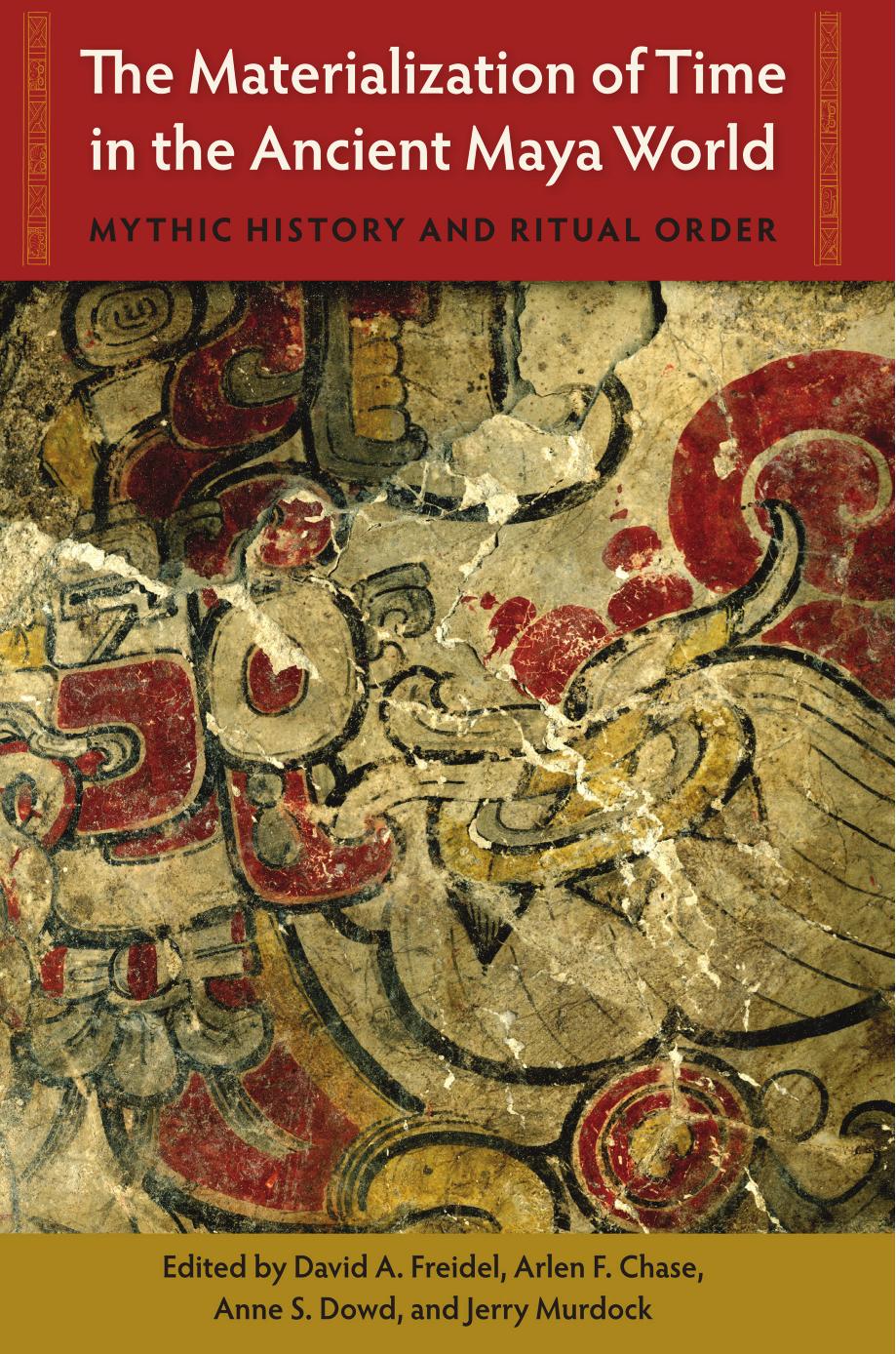

Most ebook files are in PDF format, so you can easily read them using various software such as Foxit Reader or directly on the Google Chrome browser.
Some ebook files are released by publishers in other formats such as .awz, .mobi, .epub, .fb2, etc. You may need to install specific software to read these formats on mobile/PC, such as Calibre.
Please read the tutorial at this link: https://ebookbell.com/faq
We offer FREE conversion to the popular formats you request; however, this may take some time. Therefore, right after payment, please email us, and we will try to provide the service as quickly as possible.
For some exceptional file formats or broken links (if any), please refrain from opening any disputes. Instead, email us first, and we will try to assist within a maximum of 6 hours.
EbookBell Team

0.0
0 reviewsBeginning several millennia ago, the Maya observed and calculated the solar year cycle and scheduled collective activities that integrated cities, towns, and villages over great distances. Their timekeeping approaches evolved from commemorative ceremonial architectural complexes starting around 1000 BCE to the formal public inscription of calendar jubilees on stone monuments, the use of calendar almanacs, written prophetic and historical accounts, and the customs of modern priest shamans. Contributors to this volume discuss everyday examples of how the Maya kept time through these practices, including divining with snail shells, laying out center designs with creation stories and star patterns, singing those stories while drinking from vases depicting mythic history, and embedding symbolic temporal deposits within their buildings and living areas.
This comprehensive volume includes analyses of groundbreaking recent discoveries, such as the early center of Aguada Fénix and the connections it shows between Maya and Olmec timekeeping. By sharing how the Maya crafted a cosmological sense of time into their daily lives, The Materialization of Time in the Ancient Maya World addresses and rethinks the most famous intellectual feature of this civilization.